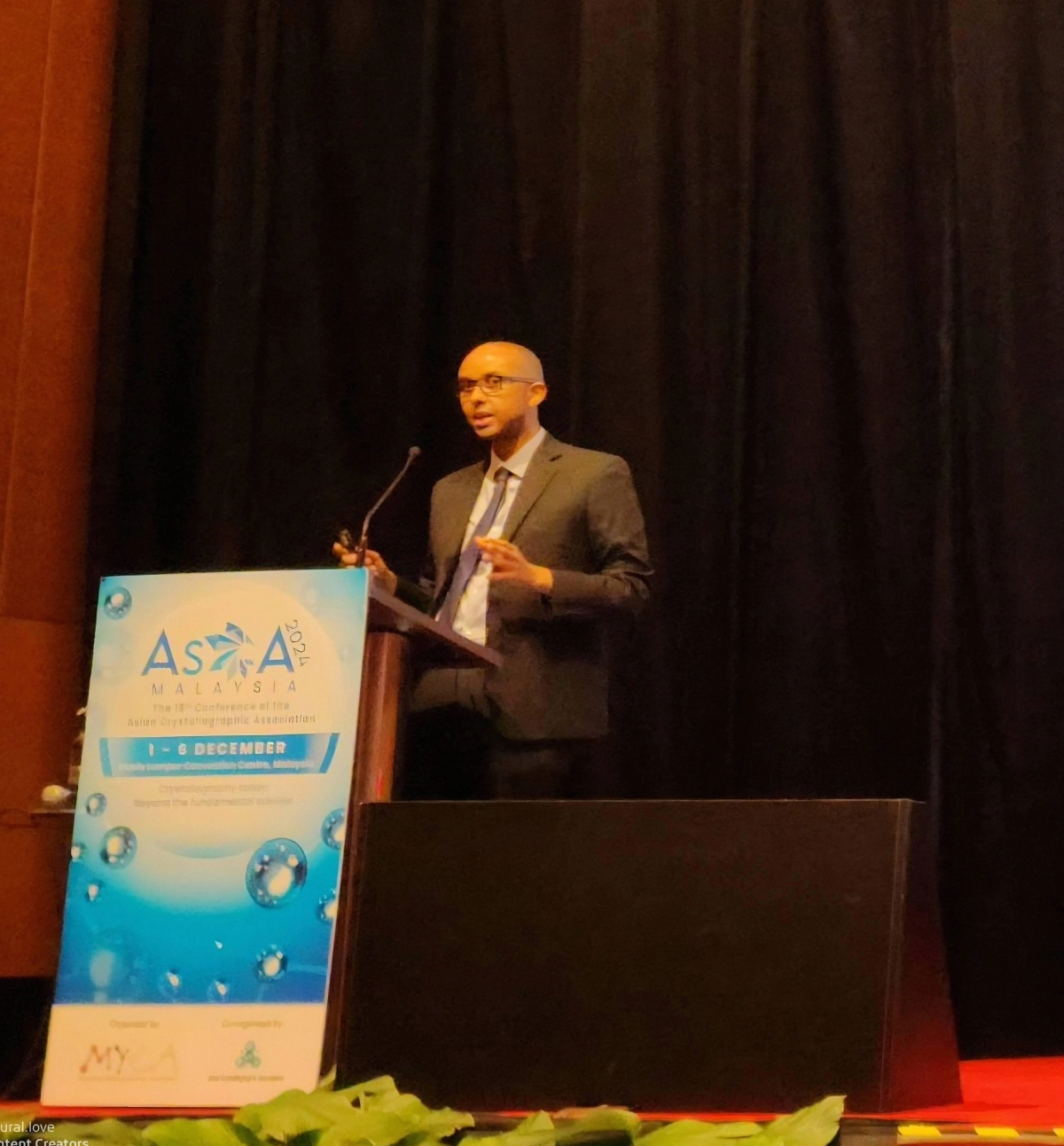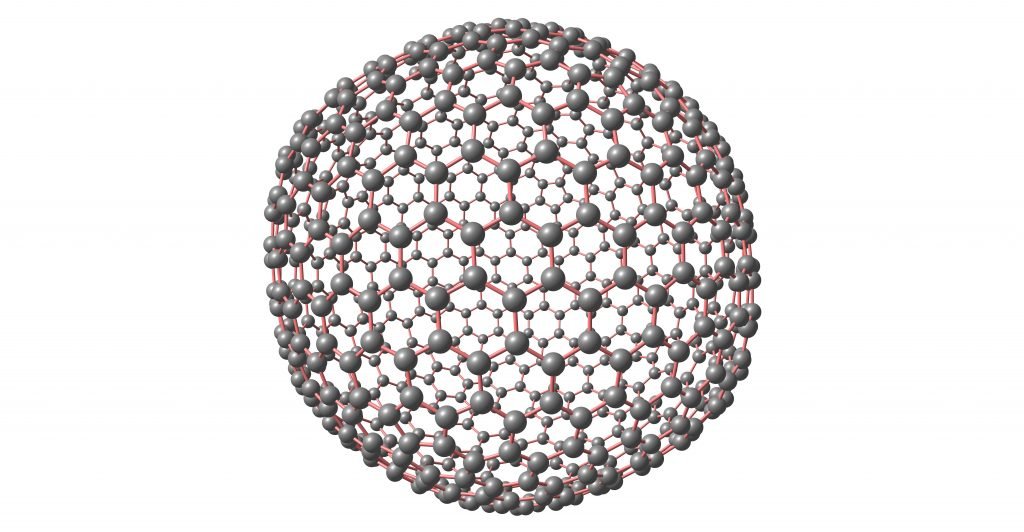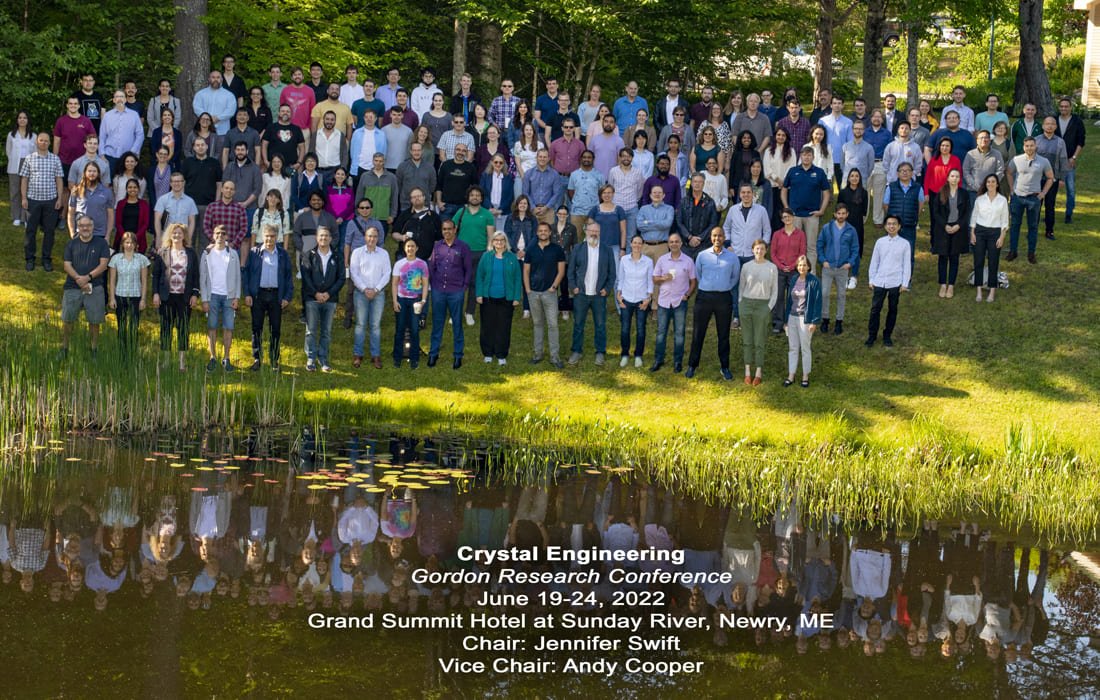Green Chemistry & Materials
Modelling (GCMM)
Laboratory
Sustainable synthesis of functional crystalline
materials powered by computational insight
01
Lorem ipsum dolor sit amet, consectetur adipiscing elit. Faucibus in libero risus
02
Lorem ipsum dolor sit amet, consectetur adipiscing elit. Faucibus in libero risus
03
Lorem ipsum dolor sit amet, consectetur adipiscing elit. Faucibus in libero risus
Dr. Sharmarke Mohamed
Dr. Sharmarke Mohamed (MSci, PhD, MRSC) is an Associate Professor of Chemistry and PI of the Green Chemistry and Materials Modelling Laboratory (GCMM). Dr. Sharmarke has extensive research, teaching, mentoring, supervision and leadership experience within the higher education sector. He has interdisciplinary research interests covering green chemistry, computational chemistry and chemical crystallography. Since 2014, he has been serving on the faculty at Khalifa University (KU).

Our Research
We apply computational materials modelling methods to predict, design and realize new solid-state structures of organic molecules. Crystal structure prediction, DFT and molecular mechanics methods are all areas of particular interest for our group.
Our work in this area focuses on the development of mechanochemical methods for the synthesis and functionalization of new organic molecules, complexes and materials with useful properties.
We work with chemists and engineers to support the discovery of functional 2D and 3D materials with desirable mechanical and optoelectronic materials. We do this by using a range of custom python workflows we developed using data generated from VASP or CASTEP.
Research Focus
Our laboratory, which is based in the Chemistry Department of KU brings together a diverse group of synthetic organic chemists, crystallographers, materials scientists and computational chemists. We are interested in the development of green mechanochemical methods for the development of new optoelectronic, area.
Latest News
2022
Research from the GCMM Lab Featured on the Cambridge Crystallographic Data Center Blog as part of a CCDC Interview with Prof. Sharmarke Mohamed on his work focused on advancing computational methods for the rational crystal engineering of higher-order
molecular ionic cocrystals.
Feb 2024
Building Blocks of Sustainability. Research work from the GCMM on the application of photomechanical methods to upcycle plastic waste featured on the Khalifa University Science and Technology Review Magazine.
July 2024

Prof. Sharmarke Mohamed visits University of Minnesota for Summer Research Leave in the Lab of Prof. Calvin Sun. The focus of the visit was to advance ongoing collaboration between the two labs on the design and application of mechanically responsive molecular crystals.
July 2024
Prof. Sharmarke Mohamed Becomes First from Middle East Elected to Co-Chair 2028 Gordon Research Conference in Crystal Engineering
Nov 2024
Zeinab Saeed, PhD Chemistry Candidate in the GCMM Lab Chosen to Represent Khalifa University for a Science Pitch at the Expanse 2024 Conference on her PhD thesis Research on “Advancing Sustainable Plastic Waste Management: A Photocatalytic Solution for Polystyrene Degradation and Upcycling”









